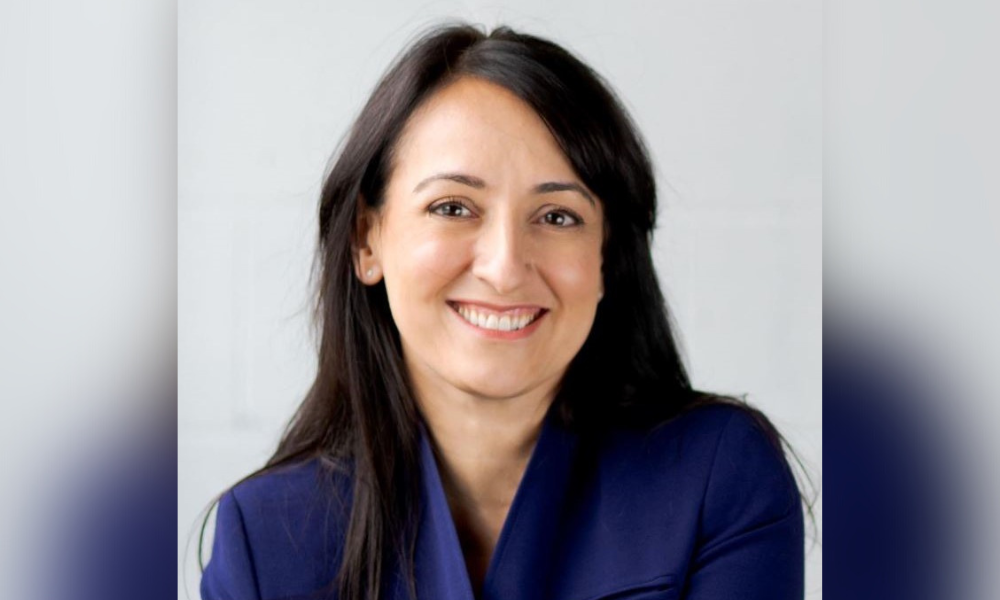Women clients control trillions of dollars and rising, yet only 23% of advisors are female

Given women control $2.3 trillion in personal finances, but only 23% of advisors are women, the industry needs to do more to promote itself, according to one prominent leader, who believes it offers a great career with lots of flexibility for women.
"I’m pretty passionate about this topic,” Christine Rodrigues, a senior vice president and chief operating officer for the National Bank Independent Network, told Wealth Professional. “It’s important we make sure we have the right fit to support Canadians across the board.
“Women represent only 23% of advisors – and a lot less than that at some of the major financial institutions. Yet, look at the financial wealth that women control in Canada. It is about $2.3 trillion in personal finances and that number is expected to grow by 70% to 80% in the next decade. So, we’ve got a real gap and, unfortunately, we’re slow to actually get traction.”
Rodrigues will raise her concerns, and suggestions for addressing that gap, at the Women in Wealth online summit on December 6, which is free to advisors. She will be speaking on the panel, “The transfer of wealth to women – the opportunity for advisors”.
Rodrigues said she often wonders why more women don’t become financial advisors since it’s a great career that has offers a lot of flexibility.
“You can have a small book, a medium-sized book, or a larger book, depending on what life stage you’re at, how much time you can dedicate, and your flexibility, “ she said. “It’s such an entrepreneurial career and women, by default, are very entrepreneurial. We tend to manage many different things at the same time, juggling family, elderly parents, and work. Yet, when it comes to taking risks and putting ourselves out there, we’re hesitant.”
Rodrigues said the industry should take more initiative to flag this as a potential career for women students, then create programs to draw them in. But, it should also be more proactive in creatively addressing the barriers they face, such as providing loyalty pay while they’re on maternity.
“We need to think differently and challenge ourselves in different ways,” she said.
The women who could become advisors, meanwhile, could increase their odds by applying for bigger roles and taking more risks, even applying for jobs for which they’re not 100% qualified. They could ask more questions, but also find mentors. She said that helped her learn to prioritize what’s urgent versus important, so she could delay some email responses to attend more meetings and after-work gatherings, which women will avoid more often than men in order to attend to their other duties.
“When you’re out there, you’re seeing things, you’re exposed to different conversations, you’re meeting new people and you’re hearing different perspectives that help you grow,” she said.
But, she also noted that women need to stop being so hard on themselves, too. They should realize that they don’t need to be at all of their children’s games – as she learned – but they do need to take time for themselves so they don’t burn out. They also need to laugh and enjoy themselves more.
Once they’re advisors, they can also surround themselves with a great team and hire those who are even better than they are, she said, “so we don’t have to have our head down all the time. We could think about the business, be strategic, and be out at more industry events because that’s really the best place to get a ton of information and to grow.”
“Life’s not that complicated,” said Rodrigues. “So, let’s just manage our own expectations for what we can do. A lot of that has to be taught through observation, so it’s helpful to have mentors or other women in the office that women can watch to see what to do.”



